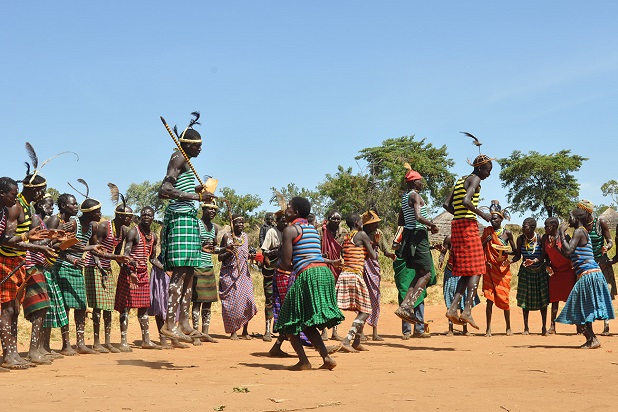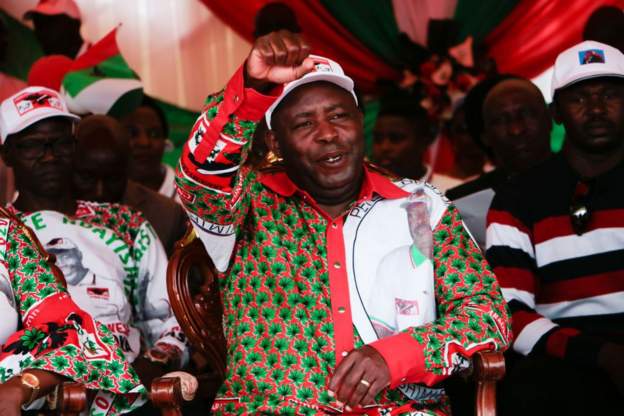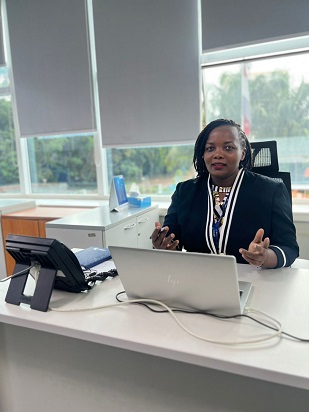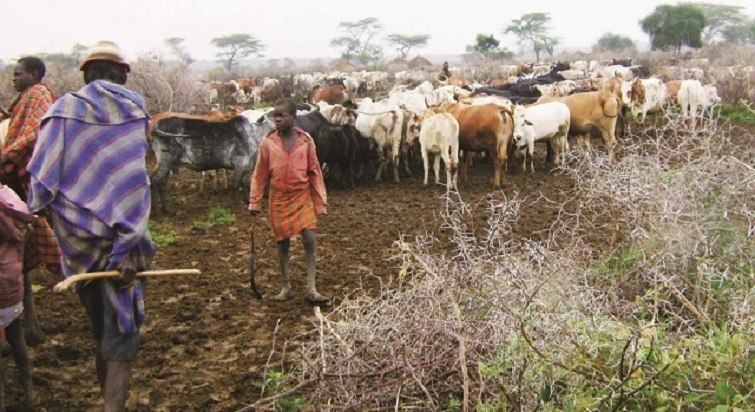The efforts by the government and other development partners to protect the remaining trees in Karamoja may be futile as hundreds of reformed Karimojong rustlers shift their focus to charcoal burning for survival.
Our reporter conducted a mini-survey in the six districts of Karamoja last week and found the reformed rustlers engaging in massive tree-cutting after failing to get government support to improve their livelihoods.
The most affected are Moroto, Nakapiripirit, Nabilatuk, and Napak districts, which enjoy relative peace. Some of the reformed rustlers who spoke to URN said charcoal burning charcoal is the only option for them to put food on the table.
Mark Akorio, a reformed warrior and resident of Lomerimo village in Ngoleriet sub-county in Napak district, says that the government promised them a lot of projects while pursuing them to surrender their firearms but nothing has come through.
“We have families, and sitting just at home without having anything for the kids to eat is hard. It is better to burn charcoal and sell it for buying posho and beans for the children to eat,” he said. Mary Angolere, a mother and resident of Kauriki Akine village in Iriir sub-county, Napak district ever since her husband handed over the gun to the army life has been so difficult for them.
“When we had a gun, other raiders could come and hire it, and pay some money or animals that we could use for feeding the kids but right now life is hard. Now it’s only charcoal burning to help us,” she said.
Moru Logwe, another reformed rustler said even the goats that some people received from the office of the prime minister have all been stolen while others succumbed to diseases. Paulina Lokong, the Napak district Natural Resources Officer, says they are trying to sensitize the community to save the trees. “Everyone is looking at burning charcoal as the only means to survive, which is dangerous,” she said.
James Okware, the senior warden in charge of the Pian Upe game reserve in Nakapiripirit district, said people are already trying to encroach on the reserve and burn charcoal in the protected areas but they are being blocked by game rangers. “Am telling you if there’s no action taken, in the next three years there will be no indigenous trees left in Karamoja land,” he said.
Napak district Chairperson John Paul Kodet says the situation had been made worse by the high rate of unemployed youths in the region. “In fact, although reformed rustlers are on top of tree cutting even some educated youth who have failed to get jobs are also burning charcoal for survival,” he said.
Nakapiripirit District Chairperson John Nangiro says the environment in Karamoja can only be saved if the government could force investors to set up factories that could employ the many jobless youths.
“The minerals that we have in Karamoja would create jobs for everyone if these investors could stop transporting raw materials from Karamoja to process in other regions,” he said. Nangiro said despite the government’s intervention to connect the region to the high-voltage power line for the establishment of industries the line has remained idle since mining companies transport raw minerals outside Karamoja.
Paul Lokol, the Nabilatuk District chairperson, says the protection of the environment in Karamoja can only be achieved when the government lowers the prices of gas and electricity. He said the high price of gas and electricity is the main reason why charcoal is in high demand. “Charcoal burning is now a lucrative business and it’s in high demand.
The people of Kampala, Jinja, and Mukono districts are the ones buying charcoal in Karamoja,” he said. A bag of charcoal costs 25,000 Shillings but in Kampala, it costs between 80,000 and 100,000 Shillings.
-URN





